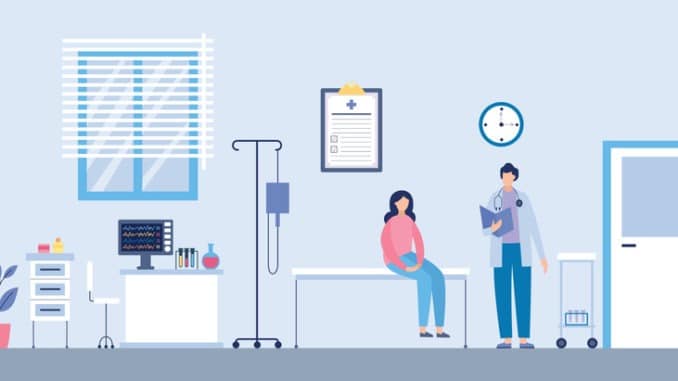
The Gender Identity Research and Education Society suggest that about one per cent of the population may experience some degree of gender dysphoria. How can GPs manage patients who are experiencing this?
Gender dysphoria can lead to mental ill health and can severely affect individuals’ quality of life. It is important that assessment and, where necessary, treatment is available.
GPs are most often the first point of contact with the health care system for individuals questioning their gender; in some cases, GPs can be the first people they confide in about their gender identity and any uncertainties they have. Therefore, general practice plays a vital role in ensuring these patients receive the care they need. GPs are expected to approach the holistic care of gender-questioning and transgender patients as they do with every patient – openly, respectfully, sensitively and without bias.
Commissioning of services
NHS England is responsible for commissioning gender services. The eight English gender identity clinics provide patients with access to a multidisciplinary team and will accept referrals from primary or secondary care. CCGs should not place barriers in the way of appropriate direct referrals from GPs.
There are concerns about advice on prescribing and the broader implications. Concerns have also been raised about the lack of specialist service provision, the impact this has on patients and the pressure it can place on practices.
In our view, patients require a holistic approach; their psychological needs should be treated as well as their physical response to treatment.
The challenges
GPs are not experienced in treating and managing patients with gender dysphoria and trans health issues. Gender dysphoria and gender identity issues are not part of the GP curriculum or GP specialty training, and GPs are currently required to refer patients experiencing gender dysphoria to gender identity specialists for further assessment and treatment advice. GPs face difficulties in accessing gender identity specialists in a timely way, which often has severe implications for the mental and physical health of their patients. As such, GPs are under increasing pressure to provide services which are usually provided in specialist clinics, as they lie outside the remit of a GPs generalist expertise, with limited access to specialist support.
Tips on managing patients with gender dysphoria
The gender dysphoria service: a guide for GPs and other healthcare staff sets out five key points for GPs to consider when treating gender dysphoria.
- Refer early and swiftly to a reputable gender service.
- Support the treatment recommended by the gender service.
- Get pronouns right; if in doubt, (discreetly) ask. (See below.)
- Be particularly mindful of medical confidentiality.
- Avoid misattributing commonplace health problems to gender.
Patients often find it difficult to confide their feelings to their GP, which may prevent them from seeking treatment. GPs should be mindful of the sensitivity of their condition.
Bridging prescriptions
The Royal College of Psychiatrists suggests that GPs may prescribe a bridging prescription to cover a patient’s care until they are able to access specialist services. The GMC advises that GPs should only consider a bridging prescription when:
- the patient is already self-prescribing with hormones obtained from an unregulated source (online or otherwise on the black market);
- the bridging prescription is intended to mitigate a risk of self-harm or suicide;
- the doctor has sought the advice of a gender specialist and prescribes the lowest acceptable dose in the circumstances.
In the BMA’s view, the advice fails to address the resulting significant medico-legal implications for GPs, and neglects the non-pharmacological needs of these patients.
Collaboration with gender specialists
The GMC advice states that GPs must co-operate with gender identity clinics and specialists to provide effective and timely treatment for trans and non-binary people. NHS England’s guidance states that, when clinical responsibility for prescribing is transferred to general practice, it is important that the GP is confident to prescribe the necessary medicines.
In the BMA’s view, this advice reaffirms that GPs should approach shared care and collaboration with gender identity specialists in the same way as they would any other specialist.
Using pronouns
- GPs and other practice staff should address patients with gender dysphoria as they would prefer to be addressed.
- If in doubt, an opportunity should be found to discreetly ask the individual which form of address they prefer, and how they see their own gender identity.
- All practice staff should receive training in trans-awareness as part of their equality and diversity education.
- Staff should respect the dignity of patients with regard to pronouns and gender markers on communications.
Disclosures of information
The Gender Recognition Act 2004 provides safeguards for the privacy of individuals with gender dysphoria and restricts the disclosure of certain information. The Act makes it an offence to disclose ‘protected information’ (i.e., a person’s gender history after that person has changed gender under the Act) when that information is acquired in an official capacity.
PDS NHAIS guidance states that patients who are undergoing the transition process are also entitled to the same special protection against disclosure of their gender history.


Be the first to comment